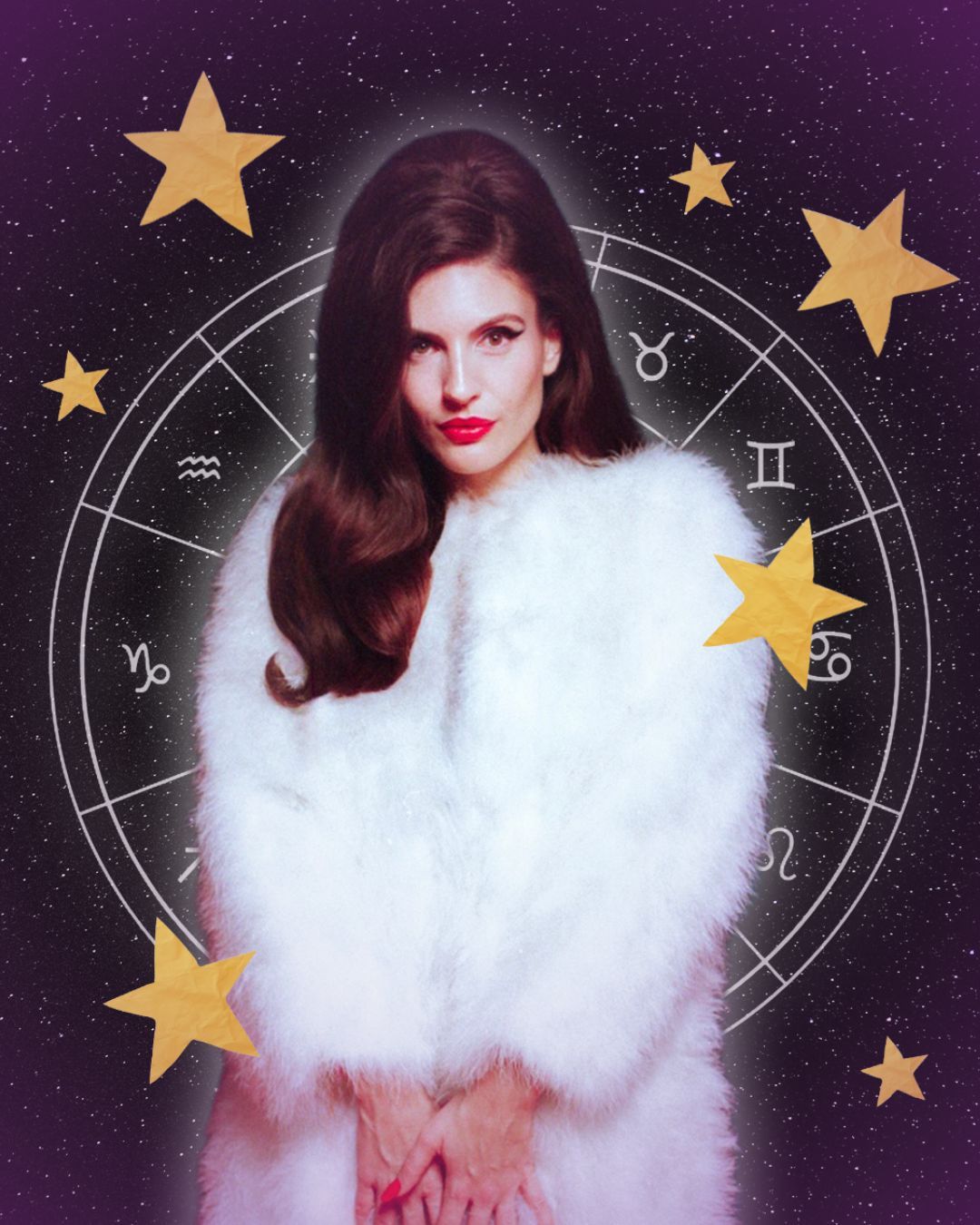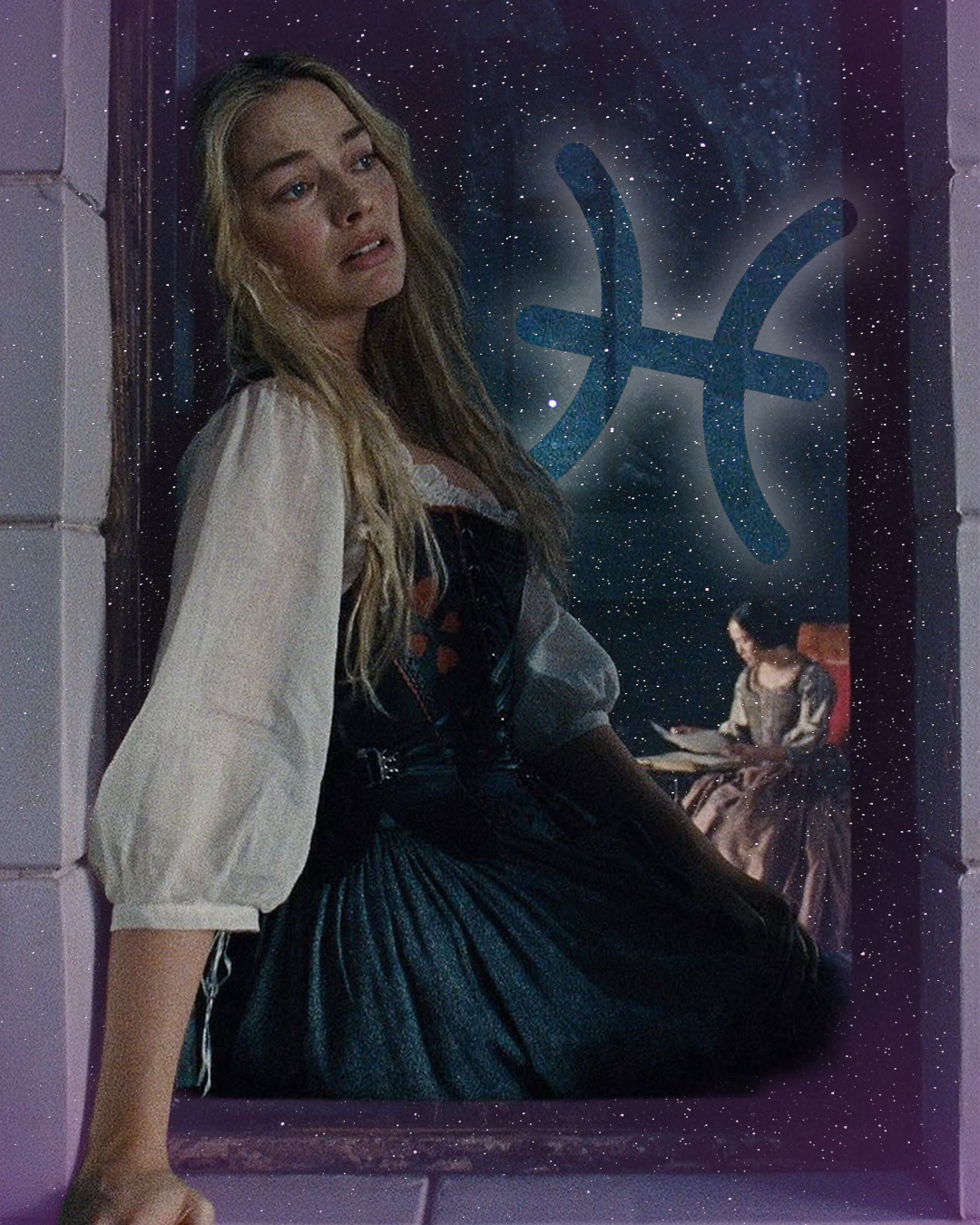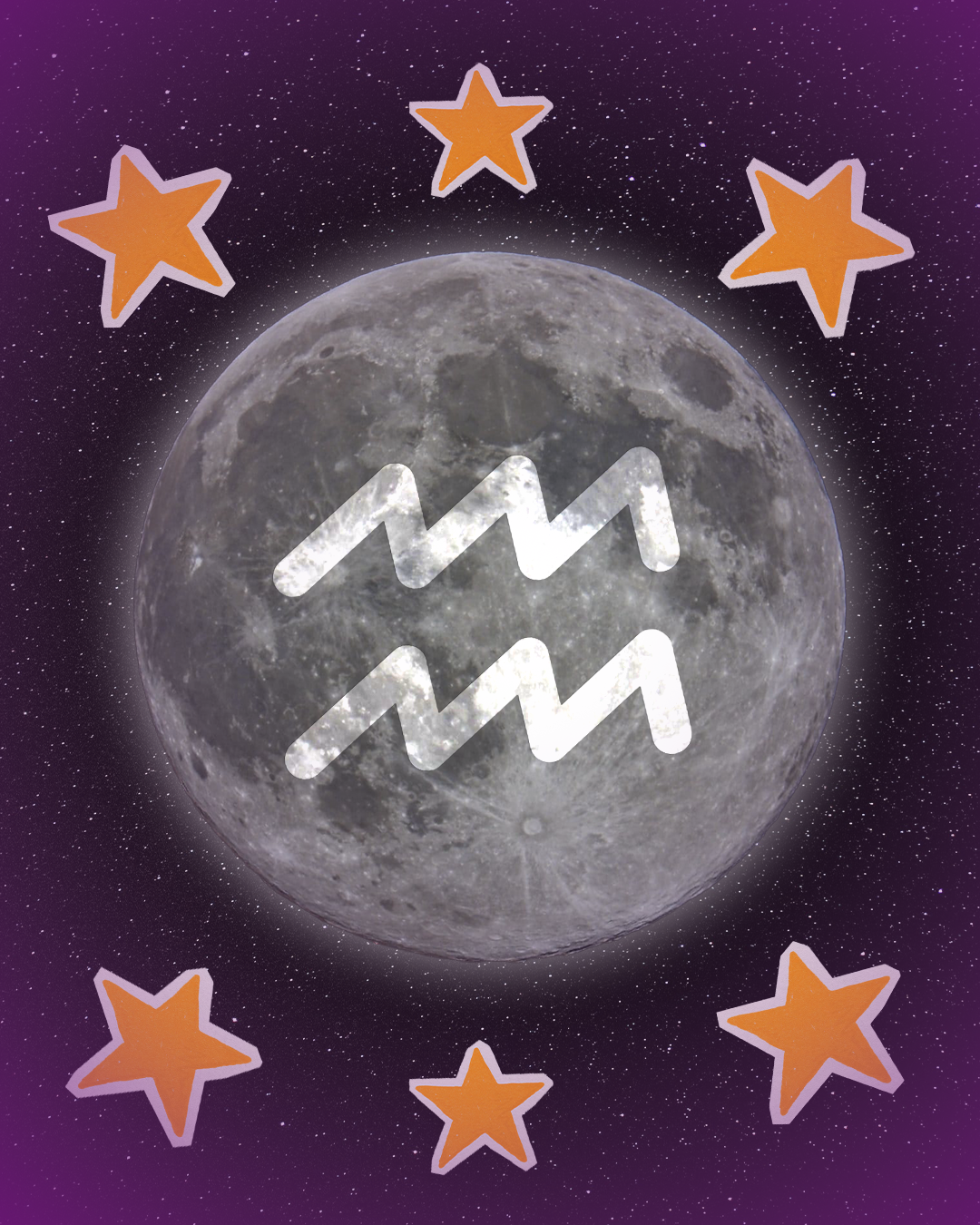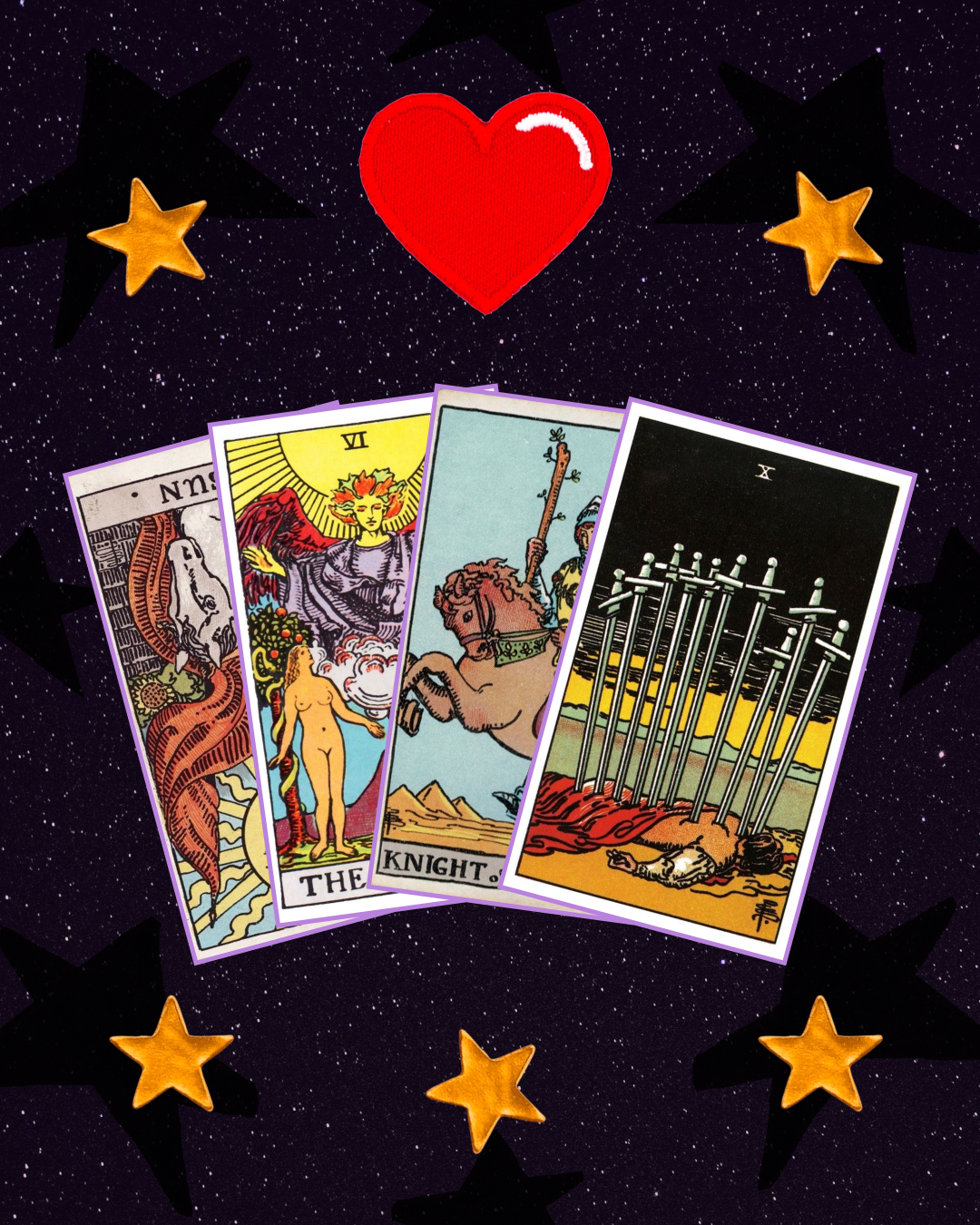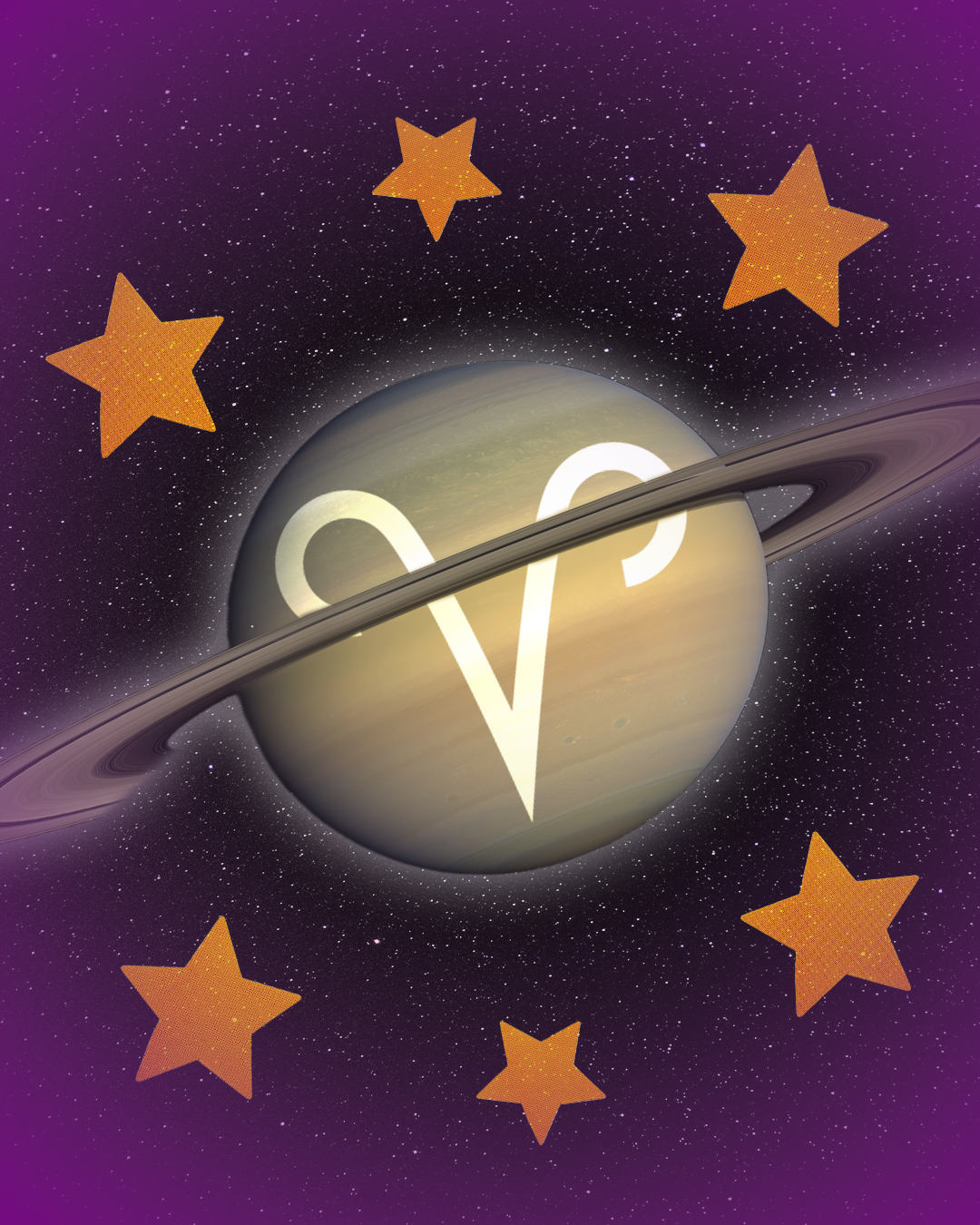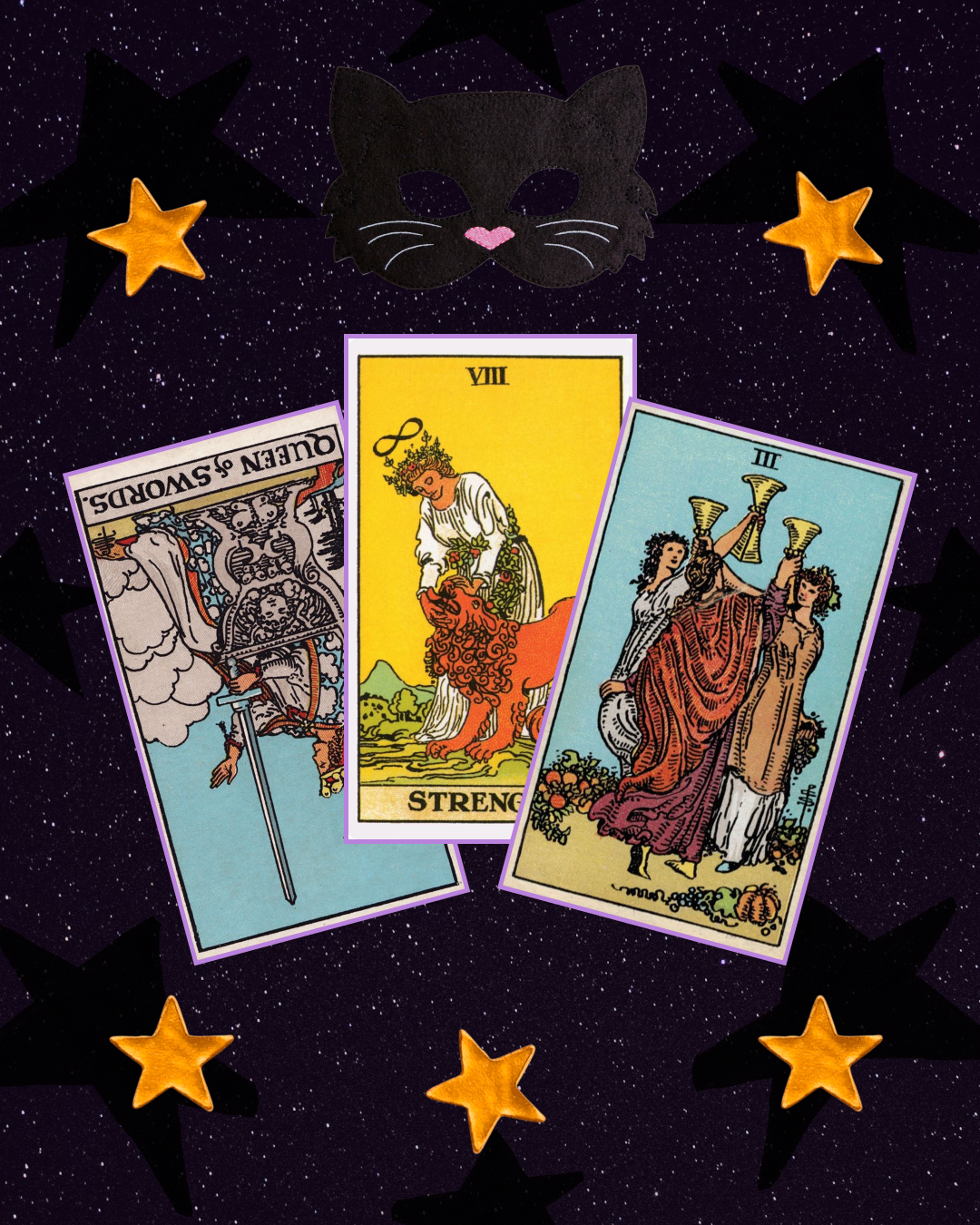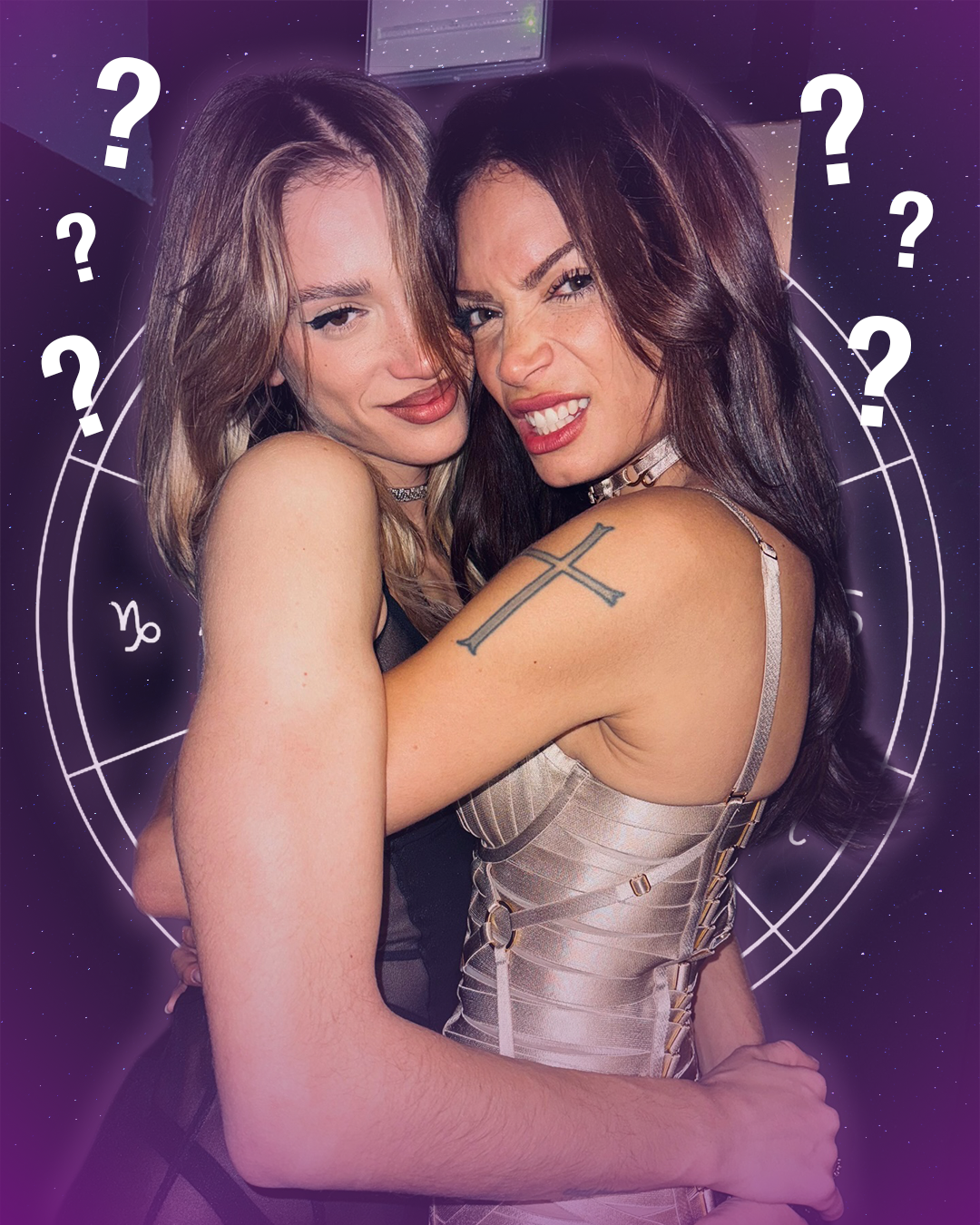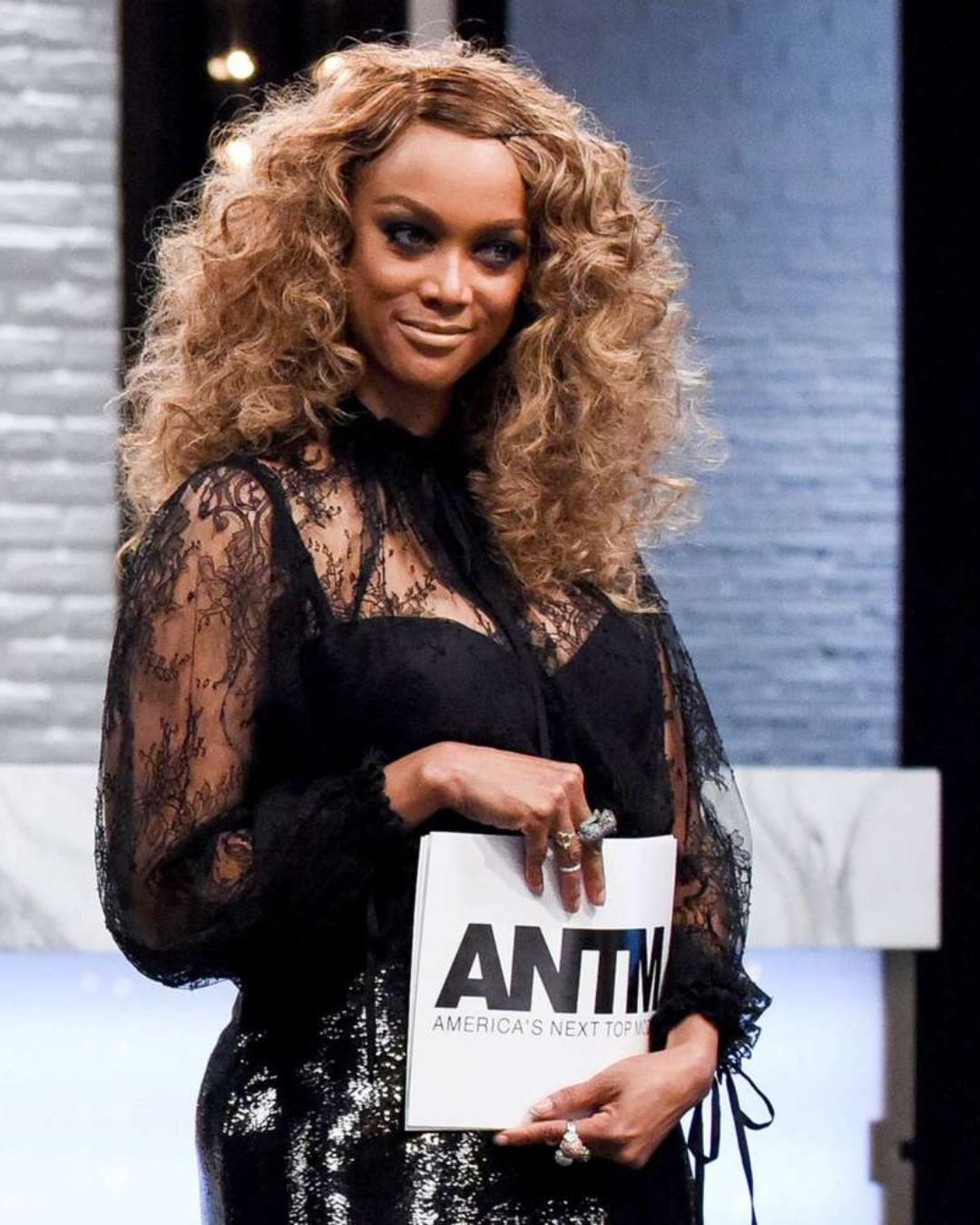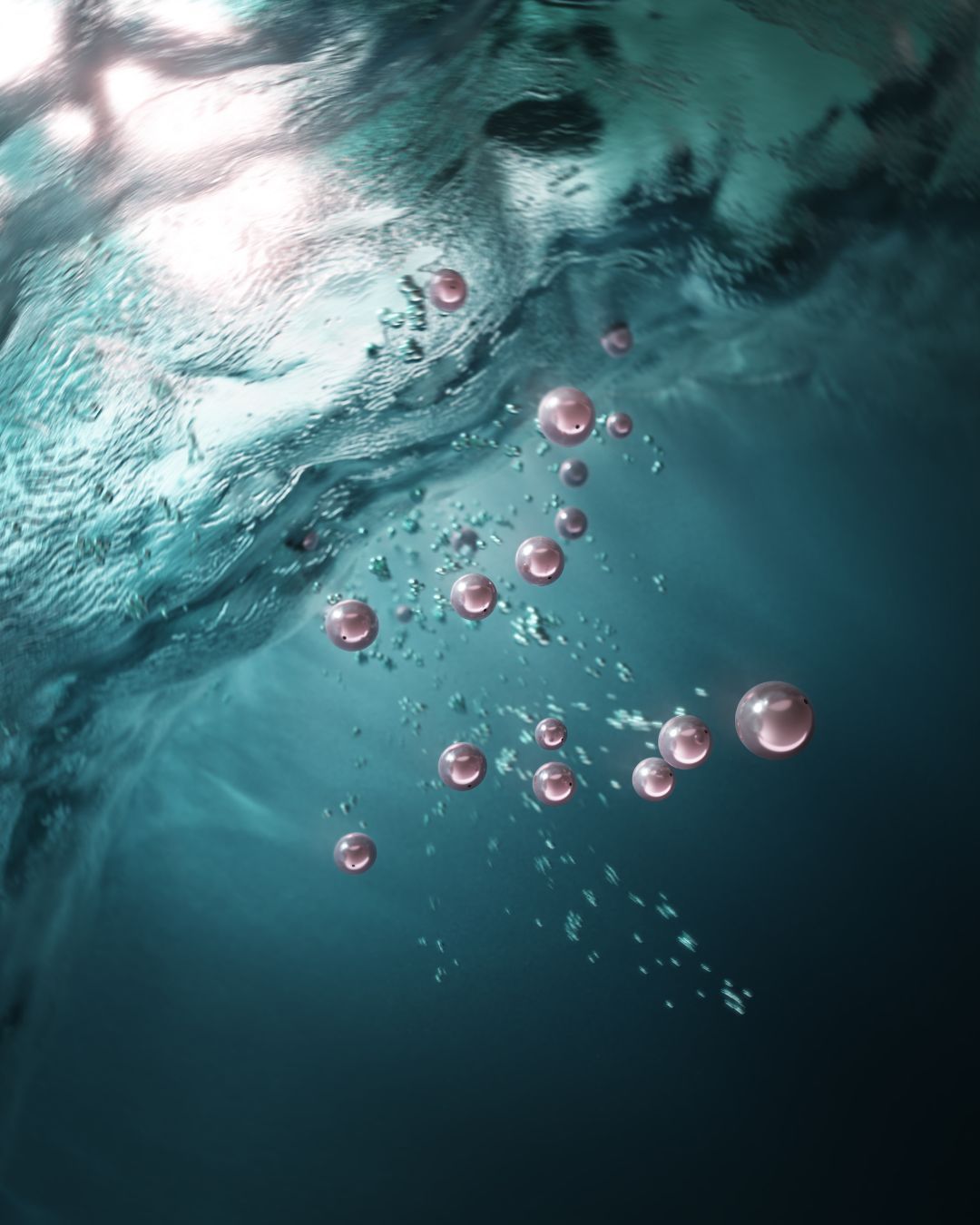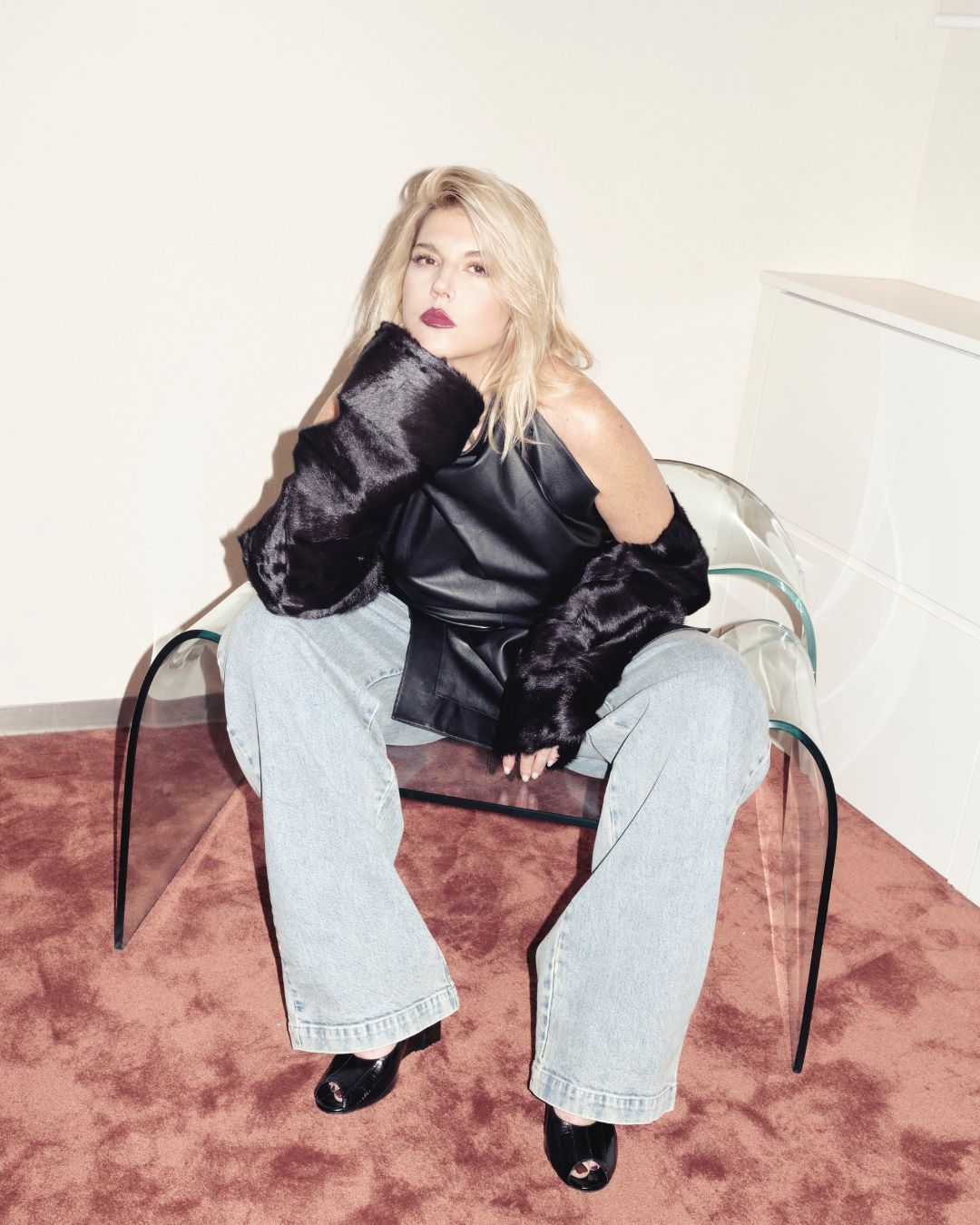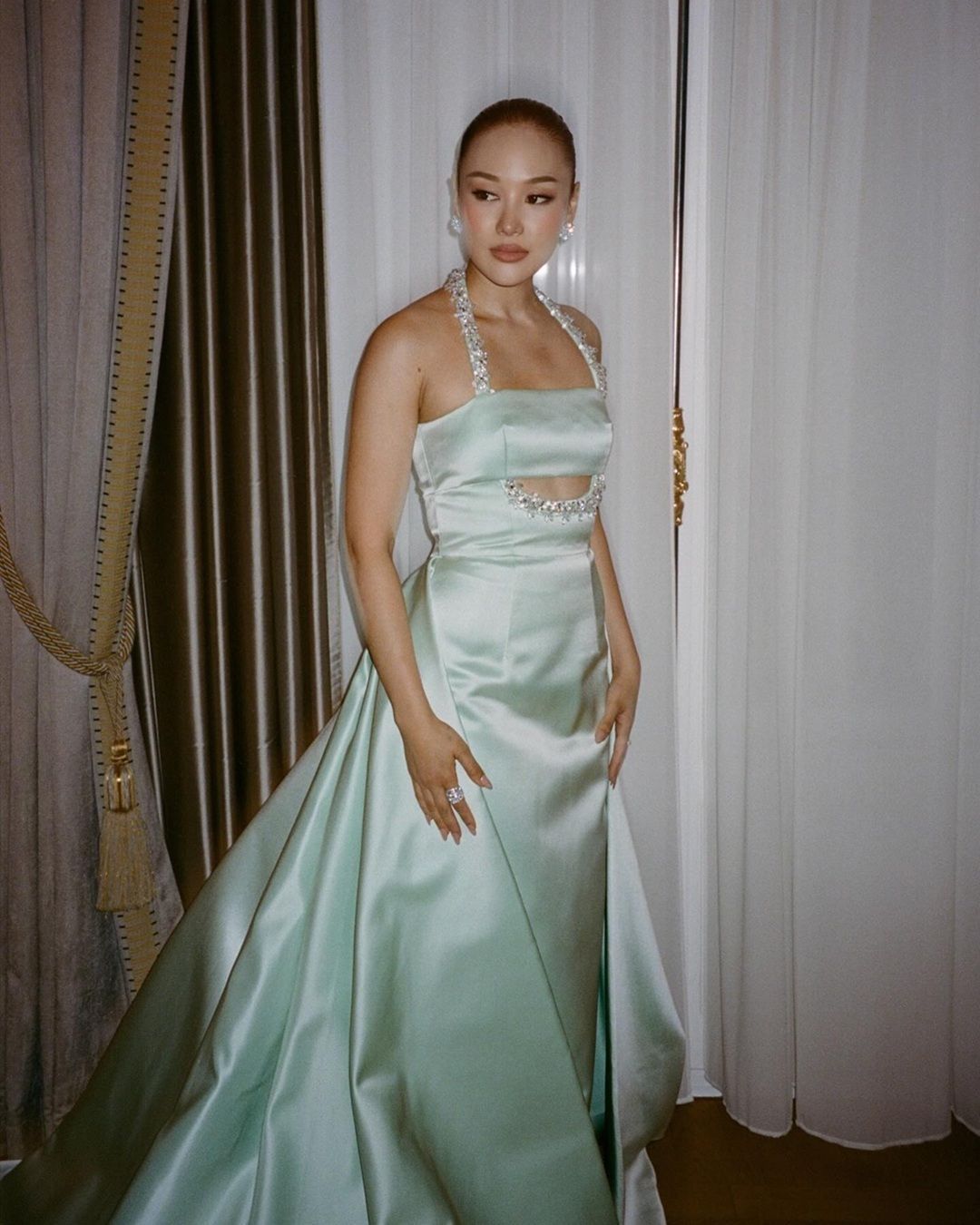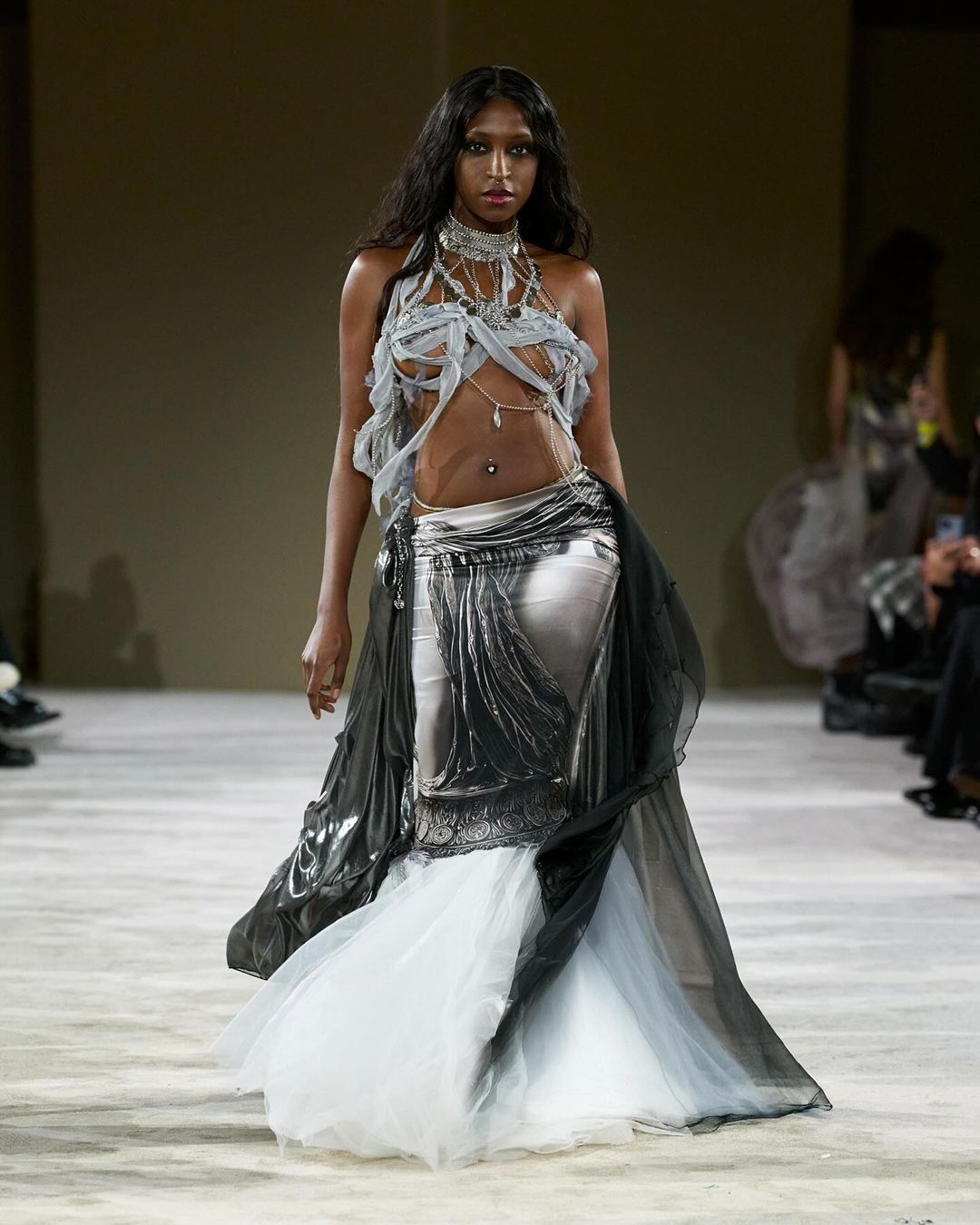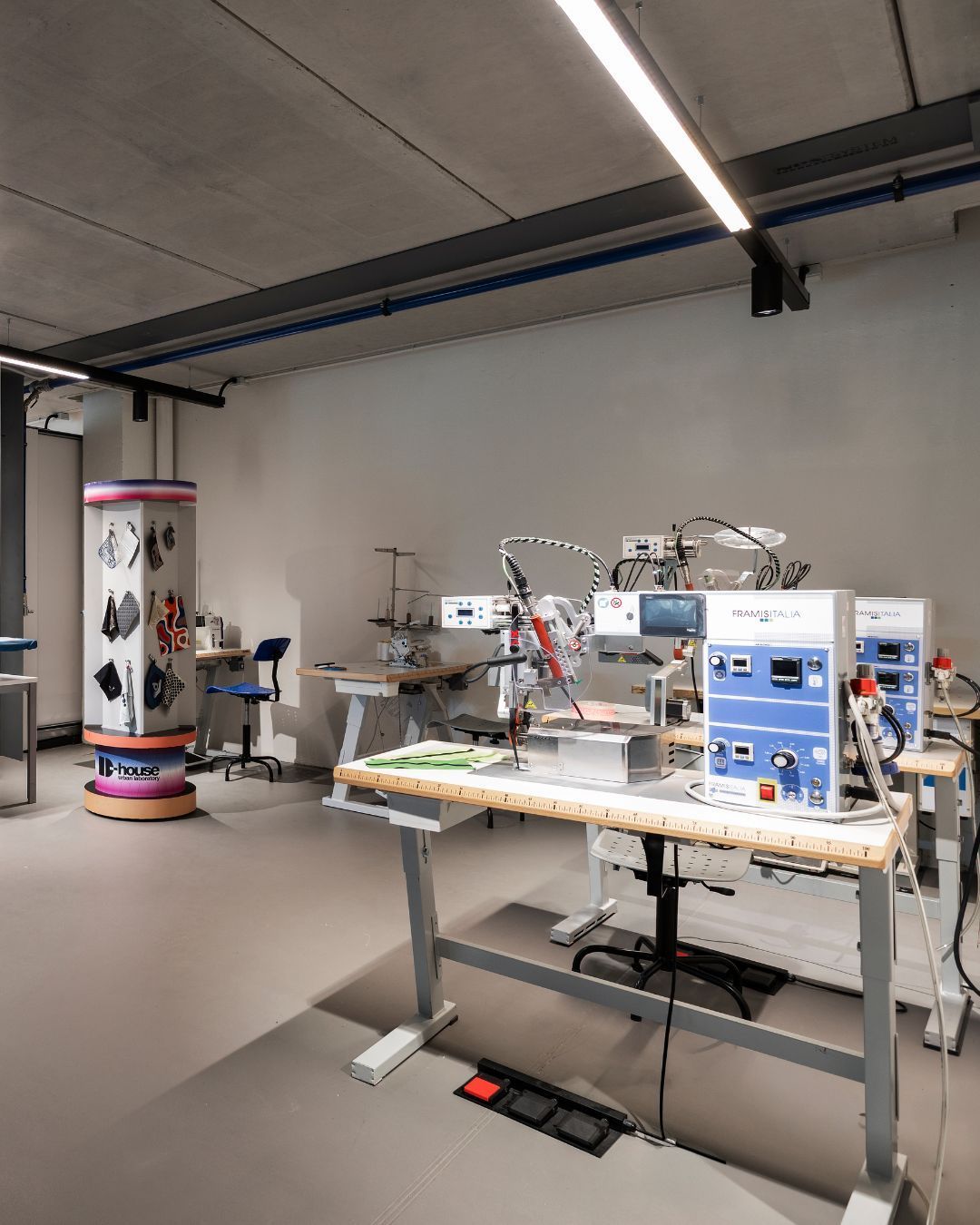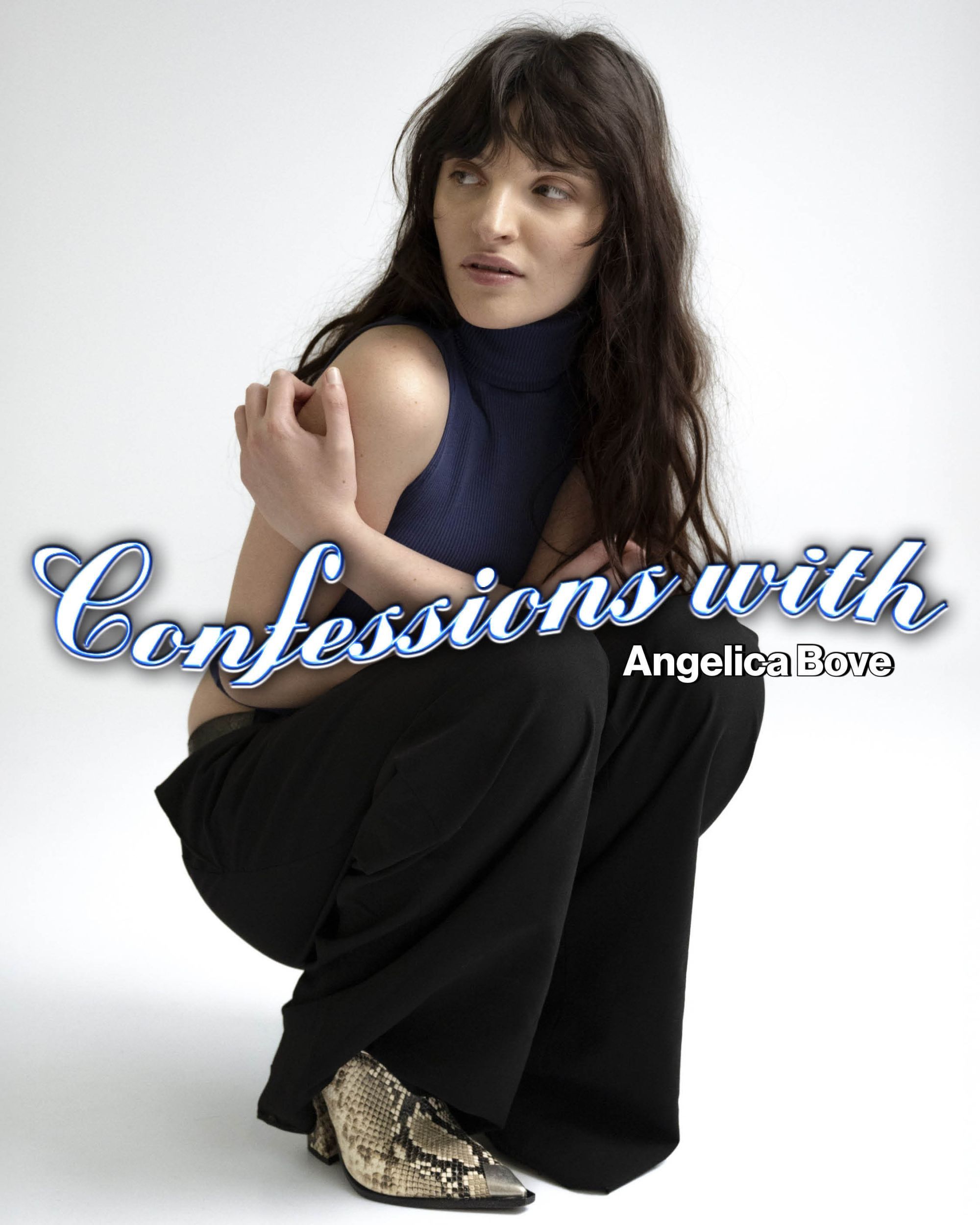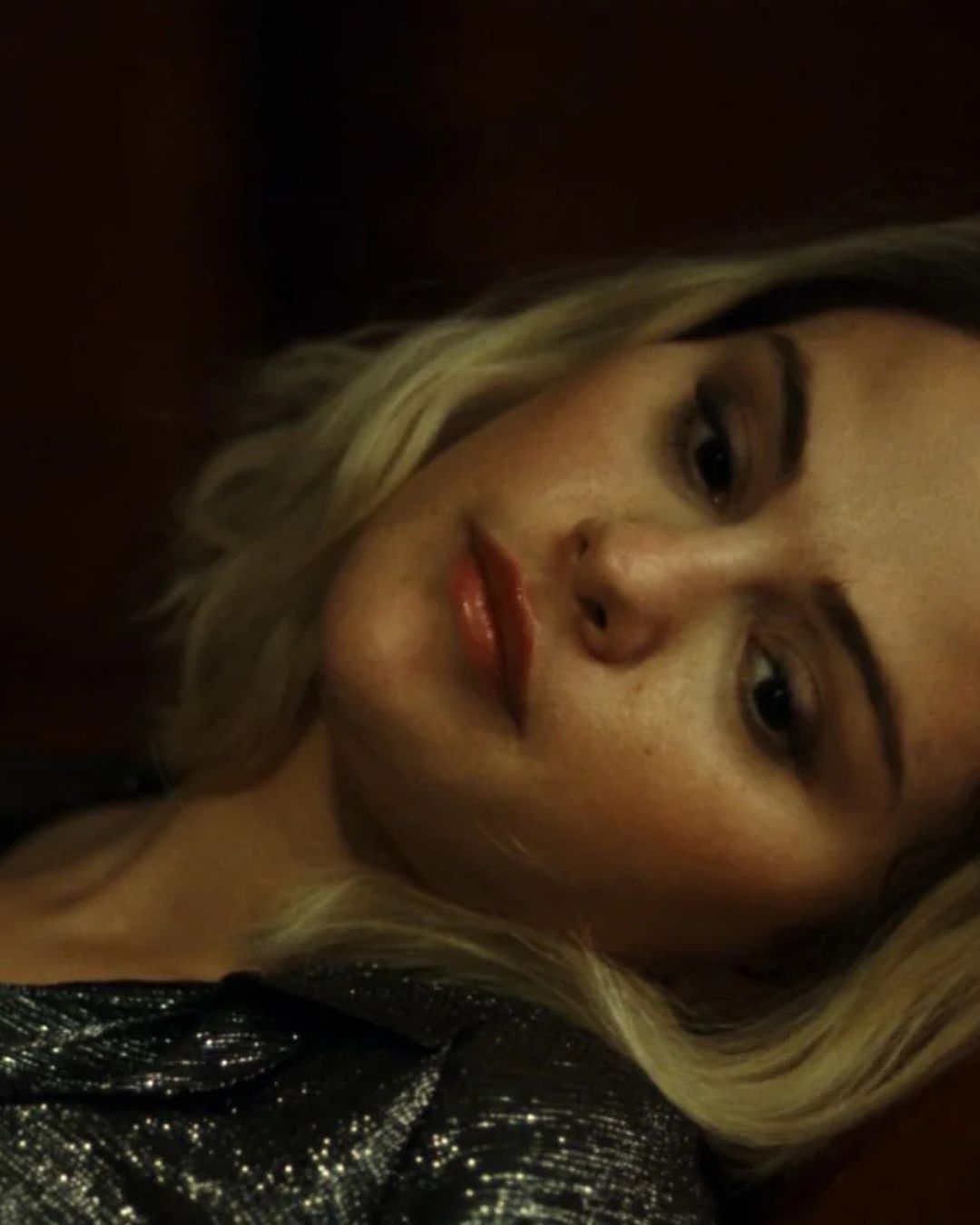
Who has represented Italy at the Eurovision Song Contest in the last 10 years? Complete recap for forgetful people
The Eurovision Song Contest 2025 is just around the corner, and once again, we're ready to fight tooth and nail to claim the title (we’re tough, after all, right?). The sixty-ninth edition of the European Song Festival (as Mike Bongiorno might have called it), which will be held in three rounds (two semifinals and a final) starting May 13 in Basel, is already revving up, and all of Italy (semi-quote intended) is ready to cheer on Lucio Corsi, who came in second at Sanremo 2025. With his duet featuring Topo Gigio during the cover night and a song that's an ode to normalcy, he gave us one of the most memorable moments of the post-Amadeus era. And while we don’t yet know how Lucio will fare across the border this year, we can take a look back at how Italy has done over the last ten years of the competition.
Why Italy is part of the Eurovision Big Five
Since returning to the competition in 2011, Italy has been part of the Big Five—the Eurovision founding countries—giving us the right to perform directly in the final alongside Germany, France, the UK, Spain (and the host country of the year). For some time now, the winner of the Sanremo Festival has represented Italy at ESC, though occasionally there are exceptions... like this year, for example.
Italy’s Eurovision entries over the past ten years
2015: After Conchita Wurst won with Rise Like a Phoenix in 2014, the 60th edition of Eurovision was held in Vienna, Austria, with the slogan Building Bridges. Representing Italy were Il Volo with Grande Amore, placing third. The winner was Sweden’s Måns Zelmerlöw with Heroes, and Russia came second (still competing at the time). 2015 also marked Australia’s debut, becoming a fixture in subsequent semifinals.
2016: the 61st edition of the ESC took place in Stockholm, with a podium featuring Russia’s Sergej Lazarev in third place, Australia in second, and Ukraine taking the top spot with Jamala and her song 1944. The chosen slogan was Come Together. That year marked Ukraine’s return to the contest after a 2015 withdrawal due to political and economic issues. As for Italy, although the Sanremo winners were Stadio with "Un giorno mi dirai", it was the runner-up, Francesca Michielin, who took part in Eurovision with her bilingual version of Nessun grado di separazione, titled No Degrees of Separation. Unfortunately, she didn’t rank very high, finishing 16th.
2017: the 62nd edition took place in Kyiv, with the slogan Celebrate Diversity. Portugal won that year with the emotional Amar pelos dois by Salvador Sobral (the country’s first win), Bulgaria came second (with a song in Hungarian and Romani), and Moldova (with the iconic Sax Guy) took third. Representing Italy was the unforgettable Occidentali’s Karma by Francesco Gabbani, who performed alongside the "naked ape" from his lyrics. Despite being one of the favorites, he finished in sixth place. Gabbani wasn’t the only one singing in Italian, Croatia’s Jacques Houdek included operatic Italian elements in his song My Friend.
2018: the 63rd edition of ESC saw Israel win for the fourth time since its debut in 1973, thanks to Netta and her hit Toy. Cyprus came second, and Austria third. The contest was hosted in Lisbon with the motto All Aboard!. Italy was represented by the duo Ermal Meta and Fabrizio Moro with Non mi avete fatto niente, placing fifth. Estonia also sang in Italian, with Elina Netšajeva performing La forza.
2019: the 64th edition finally saw Italy back on the podium. However, the winner was the now-viral Arcade by Duncan Laurence, representing the Netherlands. Russia's Sergej Lazarev placed third once again, while Italy’s Mahmood came second with Soldi, following his victory at Sanremo as a newcomer in the Campioni category. The contest was held in Tel Aviv under the motto Dare to Dream.
2020: for obvious reasons - the COVID-19 pandemic - the competition was canceled. However, on May 16, 2020 (the original final date), the online event Eurovision: Europe Shine a Light was held, with all selected participants performing the songs they would have taken to the stage. Representing Italy was Diodato with Fai Rumore, performed in an empty Verona Arena.
2021: the 65th edition of the ESC (again) took place in Rotterdam, originally chosen for 2020. The motto was Open Up. Countries were allowed to confirm or change their representatives. Some, like Hooverphonic for Belgium and Efendi for Azerbaijan, returned, while others changed, like Italy. And it paid off: Måneskin won with Zitti e buoni, launching their international career. France and Switzerland followed in second and third place. Iceland participated "remotely," as a positive COVID case in the group forced them into isolation throughout the competition.
2022: the 66th Eurovision Song Contest was held in Turin, hosted by Mika, Laura Pausini, and Alessandro Cattelan. The motto was The Sound of Beauty. Ukraine won with the Kalush Orchestra and their song Stefania, followed by the UK and Spain. Italy was represented by Mahmood (his second time) and Blanco (first Sanremo appearance) with Brividi, placing sixth. 2022 also marked the debut of "Una Voce per San Marino", a competition allowing the winner to represent San Marino at Eurovision. Achille Lauro won it with Stripper, but didn’t make it to the final.
2023: the 67th edition was held in Liverpool (due to the ongoing conflict between Russia and Ukraine, which prevented the latter from hosting). Sweden’s Loreen won with Tattoo, followed by Finland’s Käärijä and Israel. The motto remained United by Music. Marco Mengoni represented Italy with Due vite, coming in fourth. But another name brought Italian flair to the stage: Alessandra Watle Mele, born in Pietra Ligure, represented Norway (her mother is from Stathelle) with Queen of Kings, later remixed with Gabry Ponte. San Marino fielded another Italian act, Piqued Jacks, who unfortunately came last in their semi-final.
2024: the 68th edition was held in Malmö (also the host city in 1992 and 2013), and it was decided the official motto would remain United by Music. The contest saw the disqualification of the Netherlands, due to an alleged incident involving their artist Joost Klein and a female crew member (he was later cleared). The winner was Nemo, a non-binary artist from Switzerland, with The Code. Croatia followed with Baby Lasagna, and Ukraine placed third. Angelina Mango and her song La Noia finished in seventh place.
2025: the 69th edition hasn't begun yet, but we already know a lot about what’s coming. The competition will be hosted in Basel, with the semi-finals set for May 13 and 15. To watch Lucio Corsi, we’ll have to wait for the grand final on Saturday, May 17. Also competing are Gabry Ponte with Tutta l’Italia for San Marino (winner of the first San Marino Song Contest), and the eccentric Tommy Cash with Espresso Macchiato for Estonia. Keep in mind, Italians won’t be able to vote for their own entry, but we can still scream Volevo essere un duro at the top of our lungs… or get confused chanting tutta l’Italia, tutta l’Italia, tutta l’Italia!





